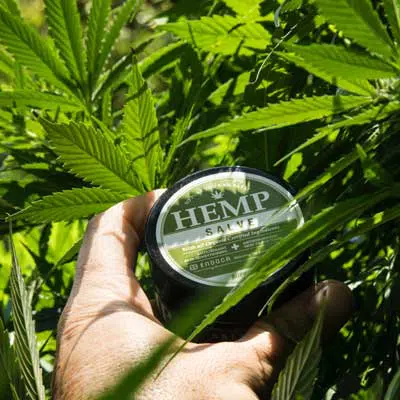The clamor to sign up merchants that want to sell hemp-derived cannabidiol products is undiminished despite multiple questions about what a legal CBD product is and how to onboard these merchants.
“The banks are having a tough time now because it’s so new,” said Travis Chrisman, president and cofounder of Coastal Pay, a Carlsbad, Calif.-based independent sales organization. Speaking at last week’s Western States Acquirers Association annual conference in Rancho Mirage, Calif., Chrisman says underwriting guidelines are challenging for the banks.
The challenge is understanding merchant services for CBD sellers, said Jason Putnam, senior vice president and director of merchant services at Farmers Branch, Texas-based The Independent BankersBank N.A. The banks not only have to evaluate the merchant, they have to do so from the perspective of complying with their regulators, such as the Office of the Comptroller of the Currency, he said.

“We have to be on par with the regulators and we have to make sure they understand what’s going on,” Putnam said. “We want to help our banks do this.” As a banker’s bank, TIB providers correspondent banking services to more than 1,600 independent community banks.
Regulators like when banks adhere to a standard because it can facilitate compliance, he said. “The biggest thing is making sure the regulators are OK with how we handle this.”
Part of the evaluation is ensuring merchants sell compliant products. One essential component is ensuring that all CBD products meet the federal definition and contain no more than 0.3% of cannabis and its derivatives.
“You need to be really careful as acquiring banks that the THC level is below the guidelines,” Sharon Lampley, Mastercard Inc. director of acquirer channel management, told attendees. She also advised that a merchant, which perhaps had not sold CBD products before, may add a CBD product line. Some states—CBD is illegal in South Dakota—may not allow sales, and that also may complicate online sales across state lines, she says. Such sales constitute interstate commerce, which is governed by federal regulations.
Another factor for ISOs and acquirers to weigh is that there are not merchant category codes for merchants selling CBD products, she says. The MCC is assigned to the merchant type. A gym that sells CBD products would be assigned the MCC for a gym.
And, just as with another merchant, the merchant-services provider has to consider how to monitor the merchant to ensure violations of card-brand rules do not occur, Lampley said.
Lampley suggested acquirers monitor what their CBD merchants sell. “It’s all of these little things you have to be aware as an ISO and the merchant you’re bringing on,” she said. The key for growing this business is consistency in standards, she said. “We continually look at this environment, as it grows and becomes more consistent we can change our rules accordingly.”







